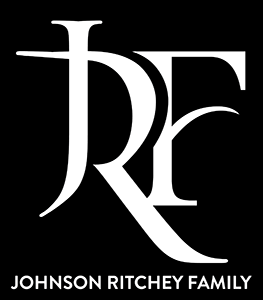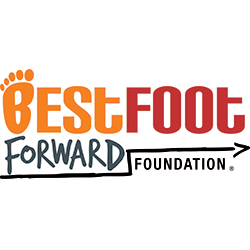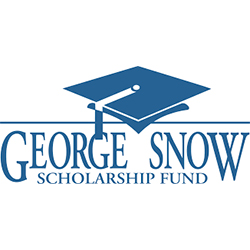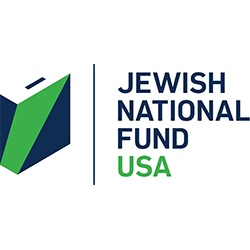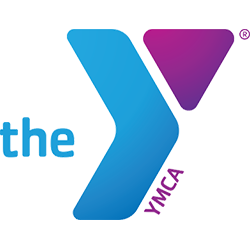The Unique Challenges of Divorce in Equestrian Families
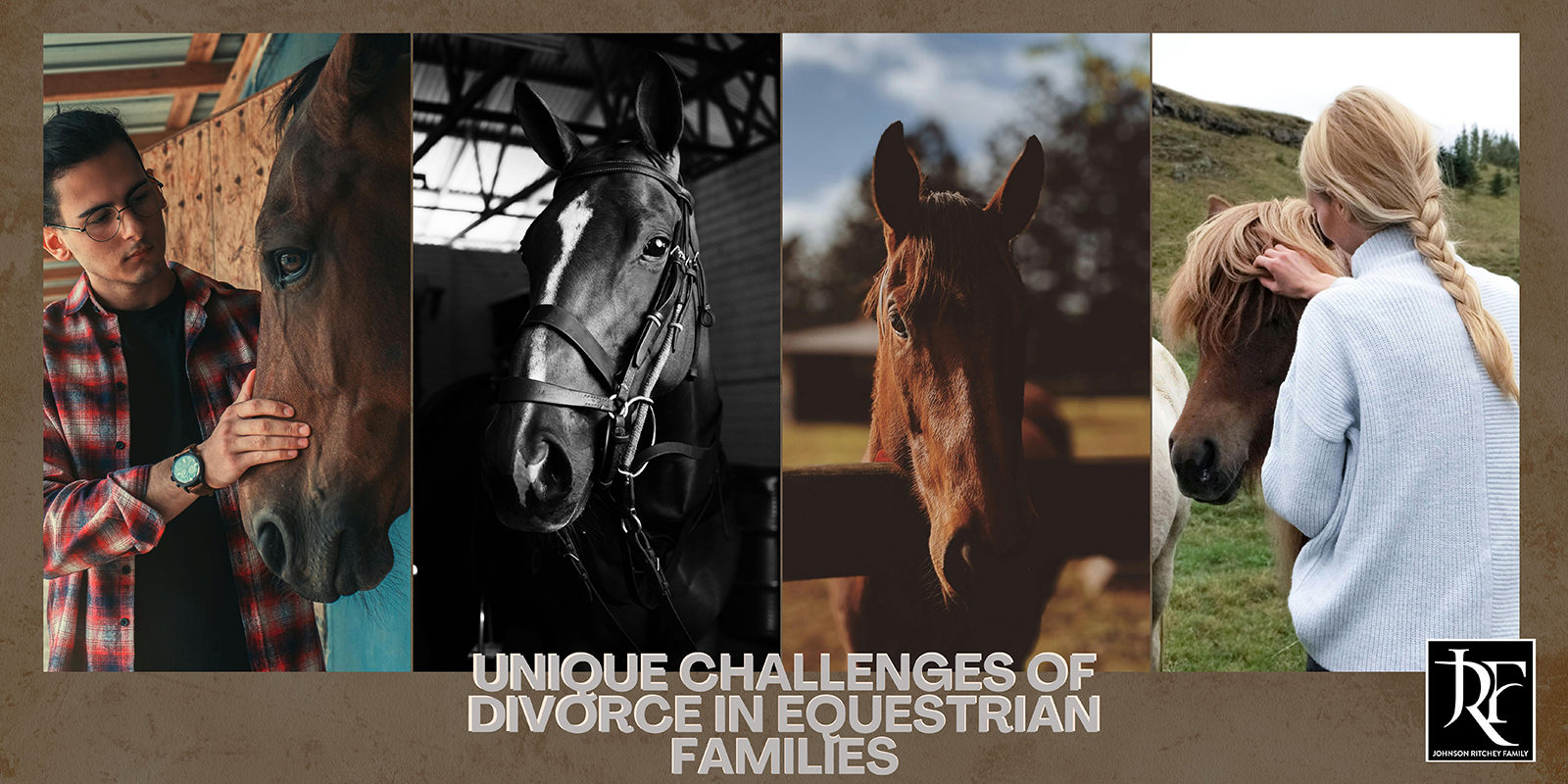
Divorce is a challenging process for any family, but for those deeply involved in the equestrian world, it can come with its own set of unique complexities. From Parkland to Wellington and everywhere in between, this South Florida locality is known for its vibrant equestrian community. Divorces within families who own and race horses can present distinctive challenges that require careful navigation. Let’s explore some of these intricacies and considerations.
Valuation of Equine Assets:
One of the primary differences in divorces within equestrian families is the valuation of equine assets. Horses can represent significant financial investments, whether they are racing champions, breeding stock, or beloved companions. Determining the fair market value of these animals requires expertise in the equestrian industry, as factors such as bloodlines, training, competition records, and potential future earnings all come into play.
Custody and Care of Horses:
For many equestrian families, horses are more than just assets—they are cherished members of the family. In divorce proceedings, determining custody and care arrangements for horses can be emotionally charged. Issues such as who will retain ownership of specific horses, where they will be stabled, and who will cover the costs of their care must be addressed with sensitivity and foresight.
Equitable Distribution of Equestrian Property:
In addition to horses themselves, equestrian families often own a variety of related assets, such as stables, training facilities, tack, trailers, and equipment. These assets must be fairly divided between spouses as part of the divorce settlement. However, the unique nature of equestrian property can make equitable distribution more complex than in typical divorces, requiring thorough documentation and expert appraisal.
Business Interests and Sponsorships:
For some equestrian families, involvement in the horse industry extends beyond ownership to include businesses such as training operations, breeding programs, or sponsorship agreements. Divorce can have significant implications for these business interests, including issues related to ownership, management, and financial support. Properly addressing these matters often requires the expertise of legal and financial professionals familiar with both family law and the equestrian industry.
Emotional Impact on Family Dynamics:
Finally, divorces within equestrian families can have a profound emotional impact on family dynamics. The shared passion for horses that once brought spouses together may now become a source of conflict and tension. Children who are involved in riding or competing may experience added stress as they navigate changes to their family structure and living arrangements. It’s essential for all involved parties to prioritize open communication, empathy, and support during this challenging time.
Divorce is never easy, but for families deeply entrenched in the equestrian world, the process can present its own unique set of challenges. From valuing equine assets to navigating custody arrangements and addressing business interests, divorces within equestrian families require careful attention to detail and a deep understanding of both family law and the intricacies of the horse industry. By working with experienced legal professionals who specialize in these matters, families can navigate this difficult transition with clarity, compassion, and a focus on the well-being of all involved, including their beloved horses.
